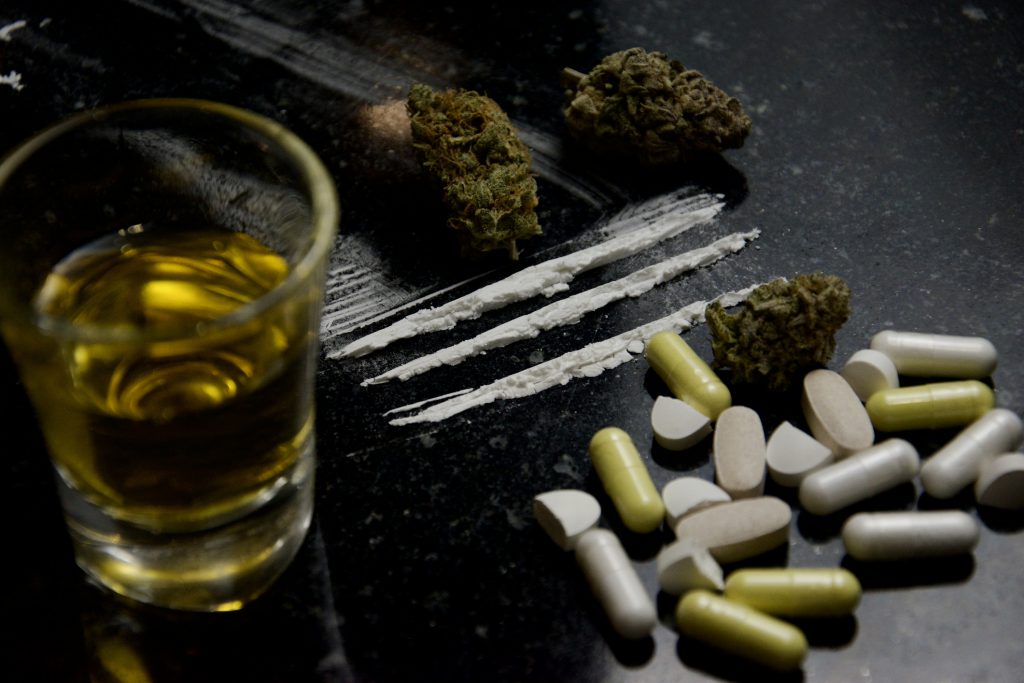Self-created problems

The San Blas Therapeutic Community run by Caritas was recently in the news as it marked the graduation of 14 residents who successfully completed a drug rehabilitation programme.
While, days like these bring about joy and happiness as these ‘graduates’ have managed to start a new life thanks to this institution run by the Church, the other side of the coin is that drug addiction and substance abuse have reached unprecedent high levels. Unfortunately, even Caritas Director Anthony Gatt warned that this is not the time to bask in glory due to the unenviable high records being registered. No less that 765 people sought Caritas’ help last year, half of whom had a cocaine addiction – the highest ever proportion recorded. A further 21% sought treatment for heroin addiction and 17% for cannabis. There were 233 cases which resulted in the use of residential facilities, while Caritas provided assistance to 491 relatives of these addicts.
In his address, the Caritas director did not mince his words to express concern on Malta’s drug culture. Undoubtedly, we are now starting to face the reality of government’s decision to legalise cannabis consumption, amid complaints that this substance is being consumed in public, in spite of the legal prohibition, which apparently is only on paper. Cocaine abuse is also going rife.
“We have even seen advertising on bus stops, and schoolteachers feel they are waging a losing battle when children are well aware that they can legally smoke cannabis at 18,” the Caritas director remarked.
Meanwhile, just two days after this graduation event Malta Today reported that Paceville has become an “unchecked marketplace” for drugs with the streets akin to “a bazaar of all sorts of drugs, including the latest fad of laughing gas balloons for a quick high”.
The situation on the ground was exposed during an undercover operation which did not require any effort. The search for drug vendors was no operation at all, as it was a dealer who came up to sell a selection of prohibited substances including cocaine. These operations, in the presence of several other drug dealers were carried out in what seemed to be complete impunity. The report noted that there was no police officer in sight, but to give enforcers the benefit of the doubt, let us not exclude the possibility that plain clothes policemen were present.
The mind boggles further after government announced plans to introduce random drug testing for motorists while making emphasis there would be zero tolerance for illicit drugs. Reading between the lines, one could infer such statement as meaning that as long as you stick to cannabis it is not as bad. While testing for substance abuse to prevent loss of lives on our roads should have been introduced years ago, this measure can never be reconciled with the legalisation of cannabis. It seems now we are reacting to problems we created ourselves, problems which experts in the fight against drugs had warned us about. In reality, it seems we have created a fine mess.
As the Caritas director remarked “our misfortune is that we will need to work harder to solve the problem we have created ourselves”.
